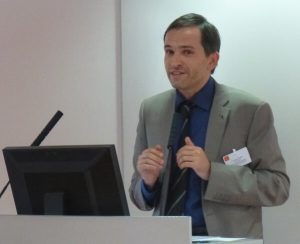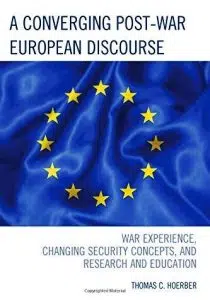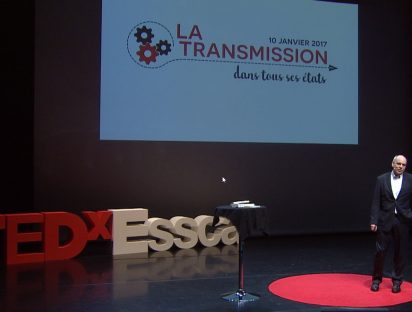
The book compares the French, British and German political discourses of the post-war years and thus identifies very different perceptions of European integration. Do you think there has been a certain convergence over the last sixty years, or do the same perception gaps still persist today?
What is interesting to see in the primary sources this book presents is that by the end of the 1950s the very different national discourses on what Europe should be came ever closer to each other. This is captured in the Treaties of Rome, but also in the reversal of the initial British opposition to this French-inspired model of European integration. Today the current Greek crisis is often cited as an example of the EU’s malfunctioning. I see this differently. Going back to the beginnings of the integration process clearly reveals that neither the solidarity from the lenders towards Greece nor the Geerk Peope’s overall loyalty to the European cause in such times of hardship would actually have been unimaginable. The willingness to preserve what has been achieved are the consequences of 60 years of European integration.
You point out several times that ‘despite the importance of concrete economic benefits, economics was by no means the whole story’. Do you think that ‘idealistic’ motivations for European integration are underestimated by academic research?
The problem with idealistic motivations is that they are not as easily discernible as economic figures. It takes the sensitivity of a social scientist and the skill to convey his or her conclusions to his readers to make such things as ideals visible to the audience. Moreover, such descriptions of ideas can be easily contested while figures always seem more convincing. I like to quote John Maynard Keynes on this point, who said in his General Theory, ‘I do not myself attach much value to manipulations [of figures] of this kind; and I would repeat the warning that they involve just as much tacit assumption as to what variables are taken as independent (…) as does ordinary discourse, whilst I doubt if they carry us any further than ordinary discourse can.’
The book is for the biggest part based on research approaches that were already fundamental for your doctoral studies. How has your understanding of the beginnings of European integration changed since then?
In my earlier research, I had looked at national politics and national discourses on European integration. Only with some distance to the sources which I used, I understood that there are overarching themes which one can find in all national discourses, such as War Experience or Economic Security. Thus, I restructured my analysis and regrouped the sources according to these themes. That produces an ever closer discourse on European integration on specific topics, which is based on national discourses, but leads towards a European discourse.

Because Parliament is the legitimate democratic representation of the people. Everything which is meant to become a national position binding on the people has to go through it. Even the most general exceptions, such as referenda or government files will at some point be mentioned in parliament and will in most cases need the sanctioning of Parliament. These debates are very rich and in situations where a national position has to be formed, such as in European integration, Parliament has always been the forum where this position was debated in a controversial manner. If one transfers this observation to the European level, the recent debates on the Greek debt crisis in the EP show the advantages of open and frank debate over horse-trading behind closed doors…
All throughout the book you refer to contemporary discourse theory, often quoting the work of Ernest Laclau and Chantal Mouffe. What is the added value this theory brings in analysing the European integration process?
The main focus of Discourse Theory is human action. This is important in comparison to other integration theories which have the economy (liberal intergovermentalism) or the process of integration (neo-functionalism) at the heart of their explanatory potential. Discourse Theory is still incomplete and resembles more a box of analytical tools than a full-fledged theory, but it has the potential to become one (especially considering the frustrating limits of current theories). And what are we as researchers, if not talent spotters of future potential 🙂




